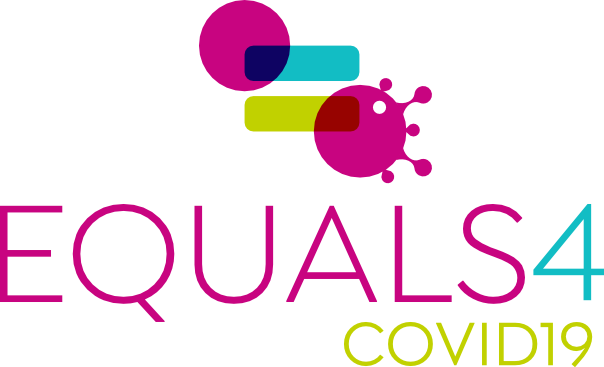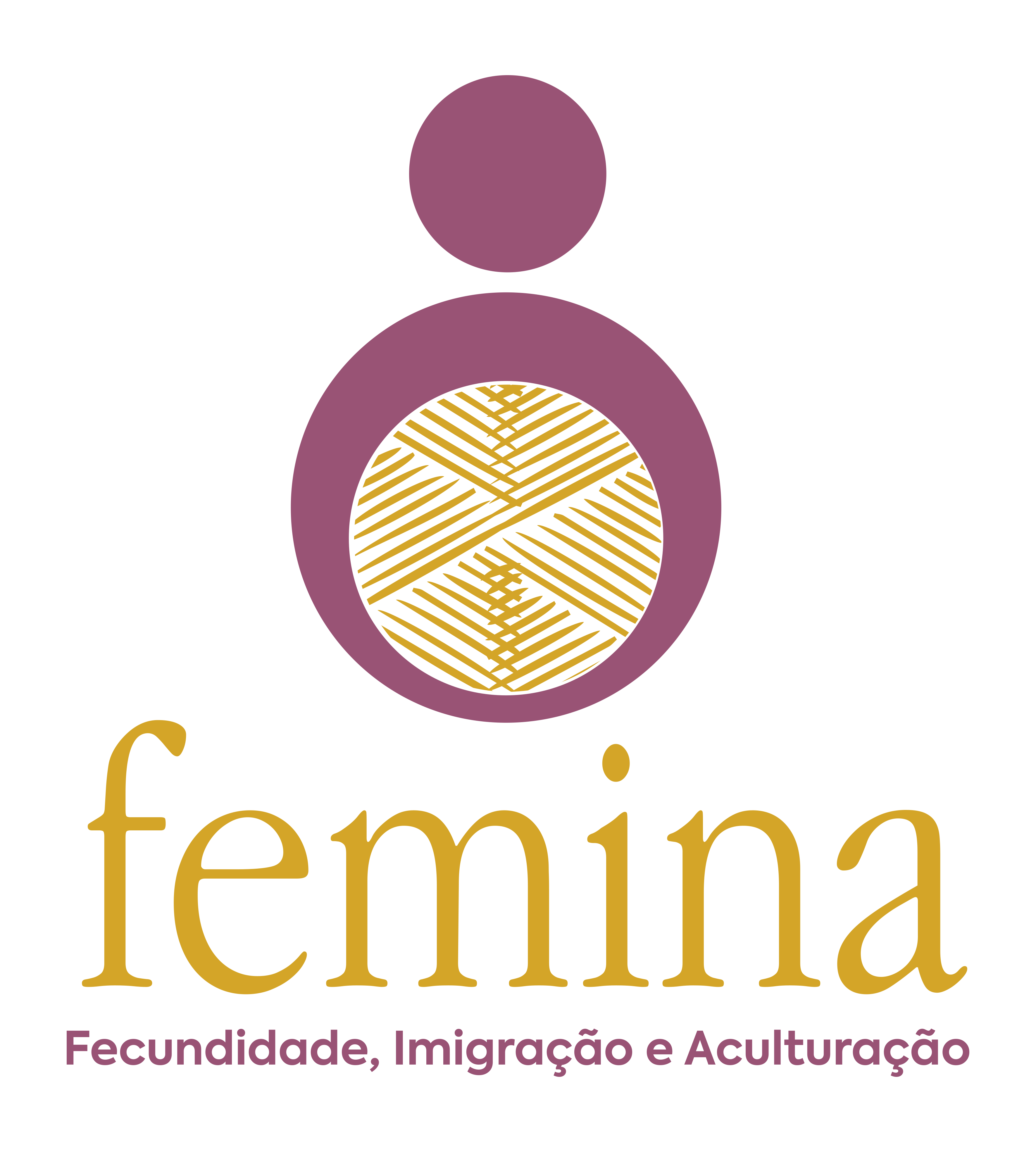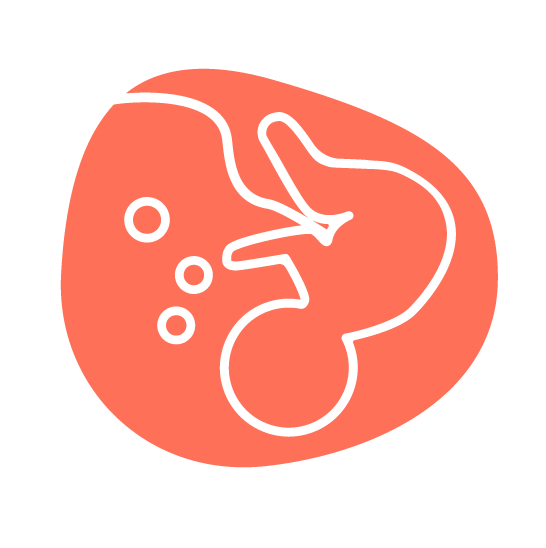Espaço para crescer
A adaptação e integração dos estudantes no Ensino Superior tem sido largamente abordada pela investigação, nomeadamente no que diz respeito ao impacto do processo de adaptação no sucesso e abandono escolar. A integração dos novos estudantes num novo contexto social e académico pode constituir-se como um momento crítico nos processos de adaptação, sendo que o período de chegada e os primeiros tempos de permanência na instituição são o momento-chave para intervir preventivamente. O acolhimento de novos estudantes é uma prioridade do Iscte. As relações entre a integração nas relações sociais do ambiente académico (dentro e fora da sala de aula), saúde mental e desempenho académico tornou-se particularmente evidente no contexto mais recente do período COVID-19.
Os efeitos do isolamento social e da aprendizagem exclusivamente on-line são duradouros, sendo fundamental investir na recuperação através do reforço das iniciativas de acolhimento. A aposta em estratégias de prevenção, com carácter universal, são uma forma eficaz de obtenção de resultados positivos com os estudantes quer ao nível da sua saúde mental, quer no ajustamento à universidade.
Project Information
2023-08-01
2024-11-30
Project Partners
Erasmus+ Educação e Formação: caracterização, análise e avaliação da qualidade das residências para estudantes do ensino superior
O estudo de caracterização, análise e avaliação da qualidade das residências para estudantes do ensino superior pretende mapear e analisar as estruturas e as condições de alojamento em residência de estudantes do ensino superior. Propõe-se abranger o universo de residências sob gestão de Instituições de Ensino Superior de todo o território nacional (incluindo regiões autónomas), universitárias e politécnicas, públicas e privadas. Exclui-se da análise os equipamentos do setor empresarial e do terceiro setor. O desenho do estudo está fundamentado numa abordagem de triangulação metodológica quanti-qualitativa.
Project Information
2023-03-03
2023-10-31
Project Partners
Concepção e Implementação do Laboratório de Competências Transversais na Universidade Amílcar Cabral a partir do caso Iscte
Project Information
2023-01-01
2023-12-31
Project Partners
- CIES-Iscte
- UAC - (Guinea)
Revisão da Carta Educativa do Concelho de Estremoz
Project Information
2022-06-27
2023-06-27
Project Partners
Revisão da Carta Educativa do Concelho de Sesimbra e Elaboração do Plano Estratégico Educativo Municipal
Project Information
2022-06-06
2023-06-06
Project Partners
Elaboração de Carta Social Supramunicipal - Baixo Alentejo
Project Information
2022-03-01
2023-02-28
Project Partners
Elaboração do Plano Estratégico de Desenvolvimento Intermunicipal da Educação no Alto Alentejo e Cartas Educativas Municipais
Project Information
2021-11-26
2023-06-30
Project Partners
- CIES-Iscte - Leader
- CEDRU - (Portugal)
- IPP - (Portugal)
Equity in health in times of pandemic: assessment of the impact on mental health and well-being of the Brazilian and Cape Verdean population in Portugal
The EQUALS4COVID19 project aims to evaluate the impact of the COVID-19 pandemic on the mental health and the physical, mental, and social well-being of the immigrant population in Portugal, and among young people, adults, and the elderly with Brazilian and Cape Verdean nationality residing in the districts of Lisbon, Faro, Porto, and Setúbal in particular. Individuals who were/were in quarantine or isolation, by infection or suspicion, will be included and several factors, from anxiety, depression, and resilience, to factors related to reconciliation between work and family, perceived social support, the situation in the face of work and financial income and expectations for the future will be considered.
Considering the population subgroups in terms of nationality, gender, age, and district under study, the study has the following specific objectives: 1. Identify modifiable factors of protection or weakening of mental health in a scenario context; 2. To characterize perceived access to health services and individual protection measures; 3. To draw up recommendations for the public policy of integration of immigrants and asylum seekers and good practices for the training of health professionals as privileged agents of the promotion of mental health and well-being with respect for individual and cultural diversity.
Project Information
2021-09-01
2023-05-31
Project Partners
- CIES-Iscte
- AIDFM - Leader (Portugal)
Atualização das Cartas Educativas e Elaboração do Plano Estratégico Educativo do Baixo Alentejo
Project Information
2021-02-01
2023-01-31
Project Partners
- CIES-Iscte - Leader
Development of the Educational Charter and the Strategic Educational Plan of the Oeiras Council
Project Information
2019-11-01
2021-06-30
Project Partners
Fertility, Migration and Acculturation: Intersectional approach to the sexual and reproductive experiences and expectations among Cape Verdean and Portuguese Families
CONTEXT: The existing knowledge on the interplay among immigration, acculturation, and fertility is new and inconsistent, particularly regarding the sociocultural constraints to fertility. The FEMINA project emerges from three main socio-demographic factors: 1) declining fertility in Portugal, 2) the structural changes of the country over the last four decades, and 3) the significant role of immigration in increasing birth rates. Therefore, it was designed to address the complex factors of individual, social, cultural and economic order which influence the sexual and reproductive health (SRH) experiences and expectations among Cape Verdean and Portuguese Families. By combining the expertise of CIES-IUL and ISAMB-FMUL researchers in the areas of Migrations, Family, and Health Inequalities, FEMINA intends to establish a comprehensive intersectional approach to SRH as the right for all to a satisfying and safe sex life. AIMS: The overall research question (RQ) ("Does immigration and acculturation influence intersectional SRH inequalities in Portugal?") generated a number of subsidiary RQ: 1. What is the difference in the fertility gap of Portuguese native and Cape Verdean migrant women? 2. What socio-demographic factors (including migrant-specific indicators) are associated with SRH of Portuguese native and Cape Verdean migrant men and women? 3. What are the differences in the current cultural practices and future expectations related to SRH of Portuguese native and Cape Verdean migrant men and women? 4. What cultural believes and practices of Portuguese native and Cape Verdean migrant men and women support or harm positive SRH health and healthcare utilization? 5. What are the views and values of experts and stakeholders regarding tailoring SRH services to the receiving population? 6. How can SRH services be more integrative of cognitions and practices from immigrants’ cultures of origin? METHODS: To answer these RQ, a multimethod research was designed to explore both...
Project Information
2018-10-01
2022-09-30
Project Partners
- CIES-Iscte
- AIDFM - (Portugal)
Laboratory for the Social Studies on Childbirth
nascer.pt - the Laboratory for the Social Studies on Childbirth is a permanent research unit, launched in 2017 and hosted by CIES-IUL. Its aim is to foster knowledge about the conditions and characteristics of childbirth in Portugal, to contribute to the consolidation of the Sociology of childbirth and, at the same time, to develop synergies between structures and multidisciplinary approaches in the study of childbirth, both at national and international level. Through the production and dissemination of scientific information, nascer.pt comes to improve the discussion around policies, practices and paradigms of the childbirth.
Project Information
2017-12-30
--
Project Partners
Babies Born Better
Babies Born Better is an international online survey on childbirth experiences. It is an output of the COST Action IS 0907 "Childbirth Cultures, Concerns, and Consequences: Creating a dynamic EU framework for optimal maternity care" and it is currently coordinated by an International Steering Committee.
The survey is available in more than 23 languages, having obtained around 40,000 responses in each edition. In Portugal, data is managed and analysed by a multidisciplinary team of researchers from the University Institute of Lisbon: Mário Santos (CIES-IUL), Helena Carvalho (CIES-IUL), Marta Matos (CIS-IUL), Sónia Pintassilgo (CIES-IUL), and Dulce Neves (CIES-IUL).
Project Information
2016-03-03
2020-03-03
Project Partners
- CIES-Iscte
- UCLan - Technical Coordinator (United Kingdom)
- MHH - Administrative Coordinator (Germany)
- COST SI 1405 BIRTH - Leader (United Kingdom)

 Português
Português




